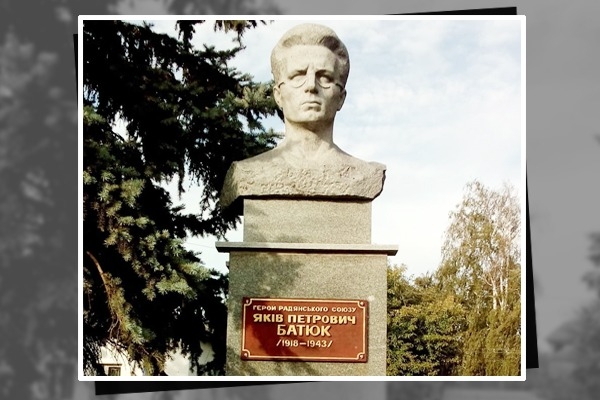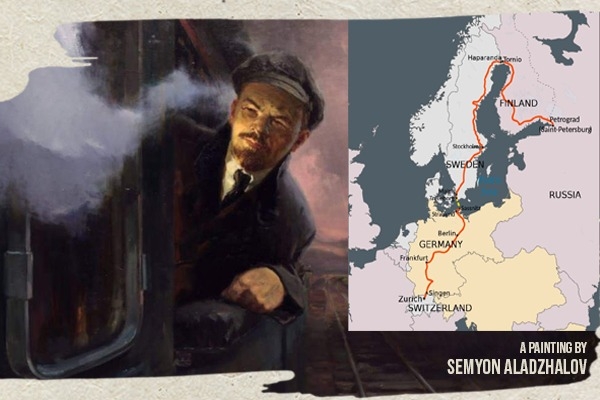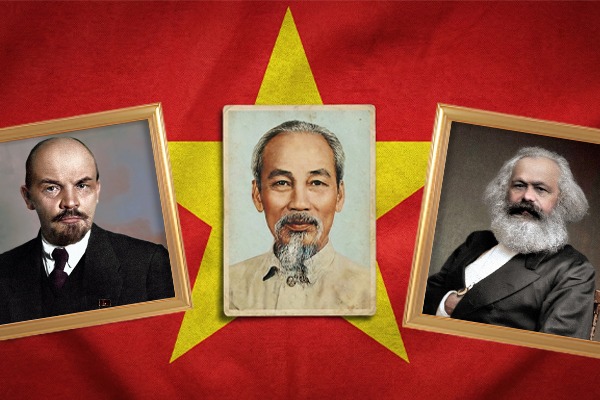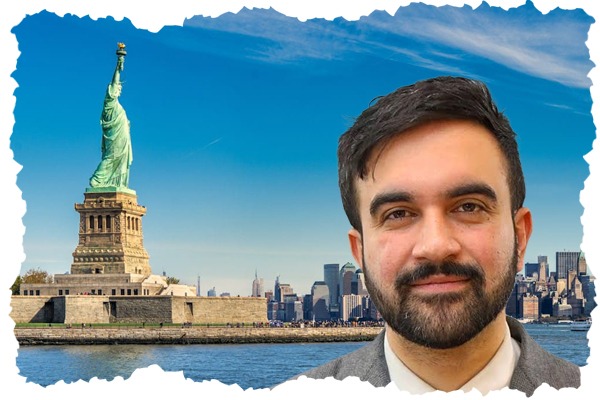When great Karl Marx, for the first time in human history, enunciated the epoch-making scientific philosophy of Dialectical Materialism by correlating, integrating and generalizing the particular truths about the material world discovered by the different branches of science as well as those culled by social sciences, when he showed inevitable doom of capitalism and declared communism as inexorable destiny of mankind, it stirred the whole world and sent chill down the spine of the capitalist rulers. Later, when the historic Russian revolution heralded its victory on 17 November, 1917 under the legendary leadership of great Lenin, its architect and worthy disciple of Marx, the toiling people round the globe realized that road to emancipation from oppression and repression forever lies in grasping and correctly applying Marxist philosophy.
Soviet revolution reaffirmed the truth that Marx emphatically stated as the essential point of his whole view of the world:
“The philosophers, hitherto, have only interpreted the world, in various ways; the point, however, is to change it.” [Theses On Feuerbach: Thesis 11 (1845)] By discovering the laws of development of the material word as well as social development, Marx developed the comprehensive scientific world outlook based on experimented truths not only to correctly interpret the material world and history but also to show, for the first time, the scientific, materialistic and historically determined course of changing the world.
Prior to Marx, German philosopher Hegel first enunciated the main features of dialectics as key to governance, change and development of the material world. It was Hegel who first spoke of dialectical methodology, showed that everything in the world exists in contradiction between two opposites, thesis and anti-thesis, which ultimately leads to synthesis and stated that material world develops by following the dialectics of change. But then he got stuck in deducing what is thought and idea. So, to come out of the riddle, he presumed that idea is absolute and matter is dialectical expression of an absolute idea. Failing to grasp the nature of relationship between matter and idea and assuming the material world as an image or expression of absolute idea, he reduced his formulation to dialectical idealism. Feuerbach, a student of Hegel and popularly known to be of the ‘Left’ Hegelian group who tried to correct Hegelian dialectics by proposing to drop the very theory of ‘absolute idea’. But he too could not give correct insight into origin of thought and correct relationship between matter and idea. So, he also thought that essential human elements like ethics and morality were static and immutable. Thus, he also failed to transgress the precincts of idealist philosophy which hold idea or consciousness as prior and material world secondary. Even after rejecting Hegelian concept of absolute truth, Feuerbach virtually turned bourgeois humanism into something absolute, eternal.
Feuerbach failed because he could not accept scientific methodology as the sole tool in search for truth. Another reason for his failure is attributable to his inability to understand that in a class-divided society the thoughts of any individual, howsoever honest or talented he might be, cannot but be a class thought. So, unknowingly he became a thinker of the rising capitalist class. It is here that he had fundamental difference with Marx. Marx finally ‘solved the riddle’ brilliantly by showing that idea or thought originates in the human mind through its dialectical interaction with the material world and hence is a product of a material process. Matter or material world is prior, not idea. This truth he unraveled by applying scientific methodology of analysis when scientists were yet to discover it through experimentation. Later, the scientists confirmed Marx’s prognosis as experimentally verified irrefutable truth. Marx further showed that as the material world undergoes changes and develops through these changes, ideas and thoughts also undergo change and are subject to the general principles governing the changes in the external world. “My dialectic method,” said Marx, “is not only different from the Hegelian, but is its direct opposite. To Hegel, . . . the process of thinking, which, under the name of ‘the Idea,’ he even transforms into an independent subject, is the demiurges (creator) of the real world, and the real world is only the external, phenomenal form of ‘the Idea.’ With me, on the contrary, the ideal is nothing else than the material world reflected by the human mind, and translated into forms of thought.” (Marx, Afterword to the Second German Edition of Volume I of Capital.)
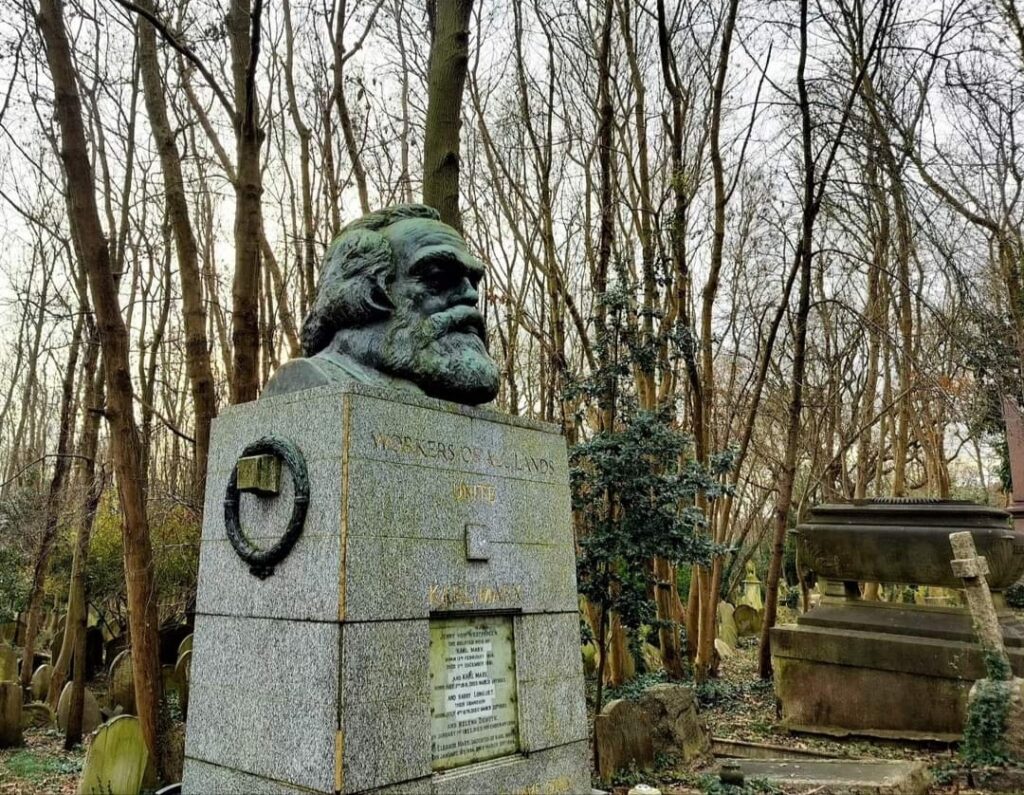
If different philosophers present different opinions on the same issue based on their respective subjective understandings, then a definite uniform decision cannot be arrived at. Modern science made its advent during Marx’s time which was not the case with the earlier philosophers. Hence Marx said that in the realm of philosophy, truth is to be searched for, based on modern science and he applied science as the tool to arrive at the truth in every respect. So, Marxism is a philosophy based on science. Each branch of science is studying a particular field or domain and discovering particular laws governing those fields or domains. Marx discovered the generalized concept of laws or universal laws of governance by dialectically coordinating, co-relating and integrating the particular truths of each of the domains. These universal laws govern each domain of the objective world including society. Hence by applying these general laws, one can have a comprehensive study of the entire objective world. So, Marxism is not an academic science but the comprehensive knowledge that can be used by conscious man in changing the world. It is not a dogma, but guide to action.
There was a prevailing thinking which is still in vogue that only a handful of ‘wise persons’ should undertake study of a complicated subject like philosophy because it was beyond comprehension of ordinary people. Marx was the first to point out that common people including the working class should cultivate philosophy particularly dialectical materialism because that is necessary for charting out the course of their emancipation from the yoke of exploitation of man by man. Hence he said that hitherto the practice was to interpret the world but the imperative task is to change it.
Another contribution of Marx was the discovery of the inherent laws of social transformations by applying science in analysing how the various social changes had occurred in the history of mankind. Social changes do not occur because of any divine intervention nor do they occur at the will of any great personality or take place abruptly or haphazardly. As the changes in nature are governed by definite laws, society also undergoes change caused by definite law-governance. The law behind social change is the contradiction between the productive forces and production relation. In each of these stages of history, class struggles have been representative of the contradiction between the productive forces and production relation. So, the process in which slave system and then feudalism were abolished would also entail revolutionary overthrow of capitalism under the leadership of the working class and establishment of socialism. Then classes will be abolished through intensification of class struggles and finally classless communist society would be established. Thereafter, higher and higher forms of societies would evolve following the laws of development of civilization. This is the inexorable course of history. But this would not happen spontaneously.
Another historic contribution of Marx was the discovery of ‘surplus value’. The capitalists appropriate this ‘surplus value’ by deceiving the workers. ‘Surplus value’ is the source of profit. The capitalist owner usurps the value of ‘surplus or unpaid labour’ to earn profit. Thus, in all industries as well as in agriculture the capitalists are making the workers give ‘surplus labour’ and appropriating it as profit. On the other hand, the capital which the capitalists invest is also created by the workers. By discovering ‘surplus value’, Marx brought out how the capitalists are minting huge profit by ruthlessly exploiting the workers, so much so that today they even refuse to pay subsistence level wage to the workers.
So justice in capitalism is based on injustice. According to him, since bourgeois democratic revolution was a revolution for establishing individual ownership and individual right, the materialists of that period gave primacy to individual interest. On the contrary, dialectical materialism discovered by him had shown that when society would attain the stage of communism having passed through the transitional phase of socialism after overthrow of capitalism, there would be nothing as individual interest. The entire human race would be socialized. Elaborating this proclamation further, Shibdas Ghosh, who has concretised Marxism-Leninism on the soil of India and thereby enriched it on the basis of a newer understanding, showed that in communism, man would not only be free from private property but also from private property mental complex in every aspect of life and become identified with social interest.
Another aspect is to be noted in particular. By applying dialectical materialism, Marx outlined the higher communist society where not only class division, class exploitation and class rule will be abolished, but also people’s ethics, morality, sense of duty will attain such a height on the basis of communist culture that the state, government, rule of law and the instruments of coercion will wither away as being irrelevant. Thus, what was even beyond the imagination of the religious preachers and bourgeois humanists was shown by Marxism to be truly realized in higher communist society.
After Second World War, the strength of socialism and credibility of communist ideology rose enormously. But it is a matter of immense pain that when the situation was so favourable for world proletarian revolution, socialism was endangered by revisionist attack in Russia after Stalin’s death and in China after Mao Zedong’s demise. Ultimately capitalism was established in course of completion of counter-revolution with eventual collapse socialist camp. This tragic turn of events had caused frustration among many who lacked proper understanding of Marxism. At the same time, the bourgeoisie seized the opportunity to loudly propagate that failure of Marxism and socialism has been proved. But is that correct? Marx sounded caution about danger of restoration of capitalism even after establishment of first phase of communism or socialism. So Lenin after Marx and then Stalin, Mao Zedong and Shibdas Ghosh had warned about the causes which might foster capitalist counter-revolution. Like capitalism, class struggle continues in socialism also. Such a consequence was never inevitable if in the post-Stalin and post-Mao Zedong period, there was proper conduction of class struggle based on correct application of Marxism. So, on no count this can be called a failure of Marxism or socialism. Rather, from Marx to all other Marxist authorities had correctly expressed apprehension about such a possibility and clearly indicated the correct process of struggle to safeguard socialism. So, there is no scope for frustration or dejection at the temporary setback of socialism. Frustration comes from false or imaginary expectation. The source of hope and confidence of the Marxists is science, history and humanity.
After Marx, Lenin had to provide guideline in regard to correct application of Marxism as well as the strategy and tactics of proletarian revolution in this stage of imperialism. A famous quote of Lenin may be recalled in this connection. He said, “We do not regard Marx’s theory as something completed and inviolable; on the contrary, we are convinced that it has only laid the foundation stone of the science which socialists must develop in all directions if they wish to keep pace with life.”
Marxism is a developing science and has to be creatively applied in changed situation. In this process, Marxism would further develop and be enriched.
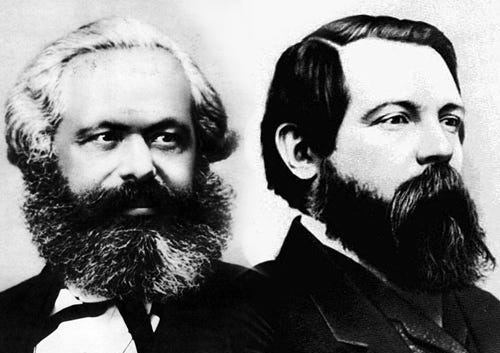
While discussing on Marx we cannot but mention the name of Engels. Both of them found their views completely identical and arrived at the same conclusion working independently. Since then the two friends together took upon themselves the task of propounding the doctrine of emancipation of mankind. Engels had taken on himself the responsibility of ensuring that Marx could overcome all odds including pecuniary difficulties and carry out his revolutionary activities. Had it not been for Engels’ constant and selfless financial aid, Marx would not only have been unable to write The Capital but would have inevitably have been crushed by want. Commenting on the incomparable intimate friendship of these two great thinkers, Lenin said, “The European proletariat may say that its science was created by two scholars and fighters whose relationship to each other surpasses the most moving stories of the ancients about human friendship. … Engels always – and, on the whole, quite justly – placed himself after Marx.” (Frederick Engels -Lenin)
Karl Marx was the product of a life-long struggle, not struggle of an individual in the bourgeois sense but the conscious struggle to articulate the social urge and fulfill the basic social need. Great Marx had to struggle and undertake study of epistemology and cultivate knowledge in an untold adverse situation which would be the fount of inspiration to all the revolutionaries of all countries and of all time. It is well known that for propagating revolutionary ideology and remaining associated with the struggles of the working class in various European countries, Marx had to be in exile in Germany, France and Belgium on several occasions. Finally, he found refuge in London. What appalling poverty and unbearable pain owing to successive deaths of his children in infancy or childhood due to starvation and absence of medical treatment Marx had to face in life! But these crises and setbacks could not disturb the tireless activities of this great man devoted to the struggle for begetting emancipation of the oppressed masses. He continued this struggle to pave a new path of progress for the mankind till he breathed his last. His teachings and guidance would illumine the path of social change for ages.



